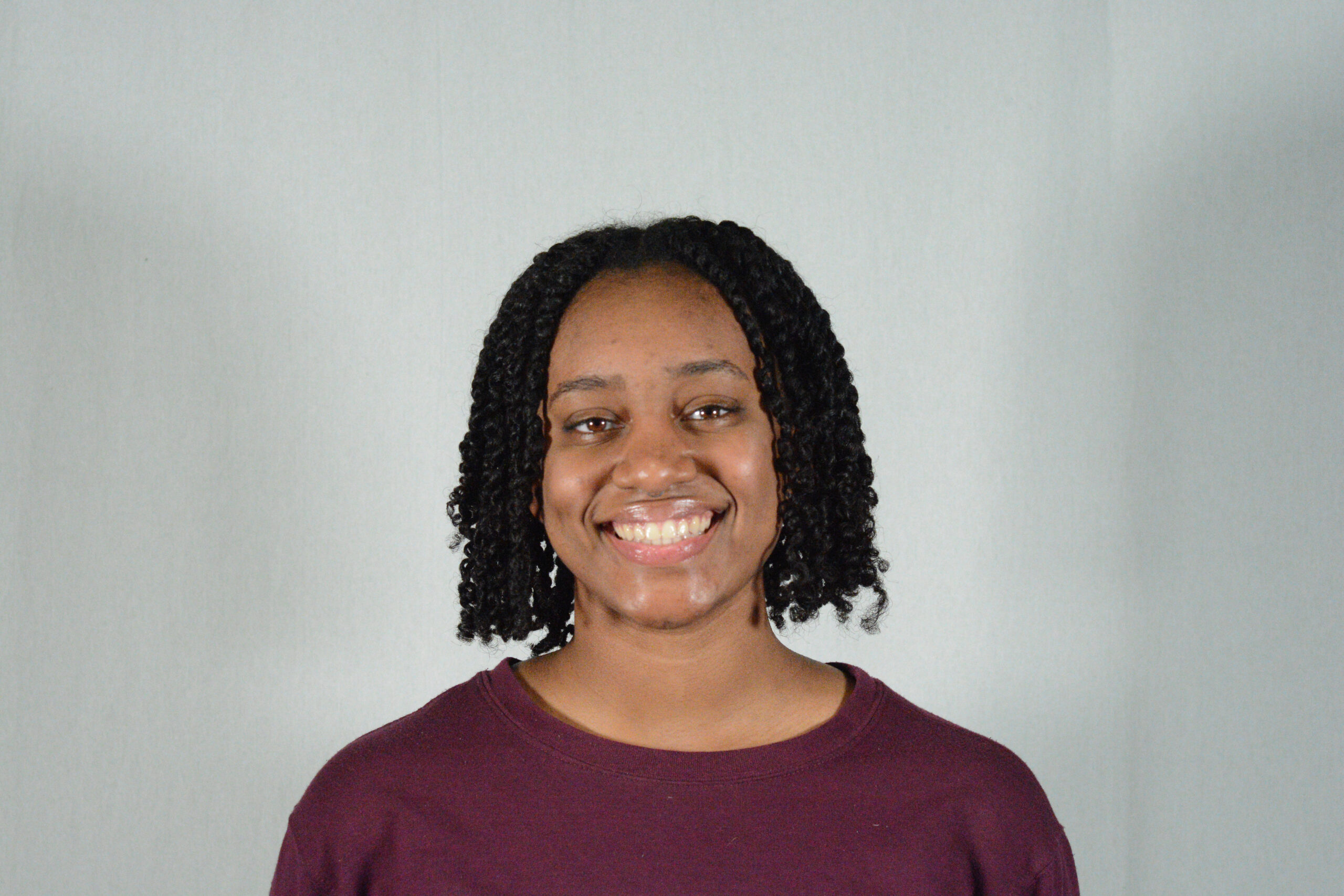The Masculinization of Black Women

Serena Williams, Francine Niyonsaba, Megan Thee Stallion, Michelle Obama. What do all of these Black women have in common? They all have been hypermasculinized by today’s society.
Black women have been consistently hypermasculinized by society and the media. There has been a push back against these comments and narratives in recent years by the Black community. These comments are usually from men who are intimidated and or have been rejected by Black women.
Serena Williams, who is the greatest tennis player of all time, has been consistently harassed and berated for not being “feminine enough” because she is muscular and could compete competitively with any gender.
Francine Niyonsaba, who is the second-highest ranked woman in the world for the 800-meter race, was disqualified for having too high natural testosterone levels in her system. Her options were to either have treatment to alter her hormones, compete in the men’s race, or run a longer race, like the 5000-meter race.
There have been claims that women from African countries have higher levels of naturally occurring testosterone, however, there is not enough scientific evidence to back this claim up. These claims are stemming from the fact that most of the women who are identified for sex testing by athletics officials come from this region. This rule created by the World Athletics Association regulates the amount of naturally occurring testosterone levels in female athletes. This rule is rooted in anti-Black feminism and Black transmisogyny, which is the intersection of transphobia and misogyny as experienced by trans women and transfeminine people.
Dr. Candice Norcott, a licensed clinical psychologist, who focuses on gender-responsive, trauma-informed service delivery and adolescent mental health and wellness was invited to the Red Table Talk where she discusses why black women are hypermasculinized by society. She says that the reason that these comparisons to men and defeminization occur is that we do not fit the default mold, “the default for Black is Black men and the default for women and femininity is white women”. So because we do not fit in this default society begins to make us invisible. An example of this is when you get called the name of the only other Black girl in your class or in your workspace when you look nothing alike.
Throughout history, darker-skinned Black women have always been demonized and looked at as men, for the features that they have and the qualities that they embody. Black women have negatively been seen as strong, competitive, aggressive and loud, all qualities that society says that women should not have. Because our society has been and continues to be run by white men, their views have been systematically placed in our society. They believe that women should be the complete opposite of them in nature, meaning quiet, docile people, who they can control. It is our lack of proximity to whiteness that makes us “non-feminine.”
As subsets of gender and gender expression, femininity and masculinity are both social constructs. How society views and defines these concepts differ across cultures and across history. One large issue with society has when looking at these concepts is that they believe that sex, gender and gender expression are direct correlations of each other when that is not the case.
People need to begin to really reflect on their intentions with their words and how they address and comment on Black women. Most complements made towards Black women, especially Dark skinned Black women are not complemented at all. They are rooted in colorism and racism. Some examples of this are, “I love me some dark chocolate”, “The darker the berry the sweeter the juice”, and “ You are pretty for a Black girl.” When talking about or talking to Black women, you should take a moment to think, am I comparing them to food? Am I talking about their hair in a negative manner? Do my comments perpetuate racist and colorist stereotypes? If they do, then stop and rethink what you have to say. It is not difficult to treat Black women with the respect that they deserve.
Everyone, including the Black community (cough cough Black men), needs to do better.
- Categories: